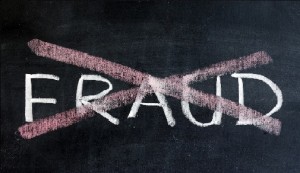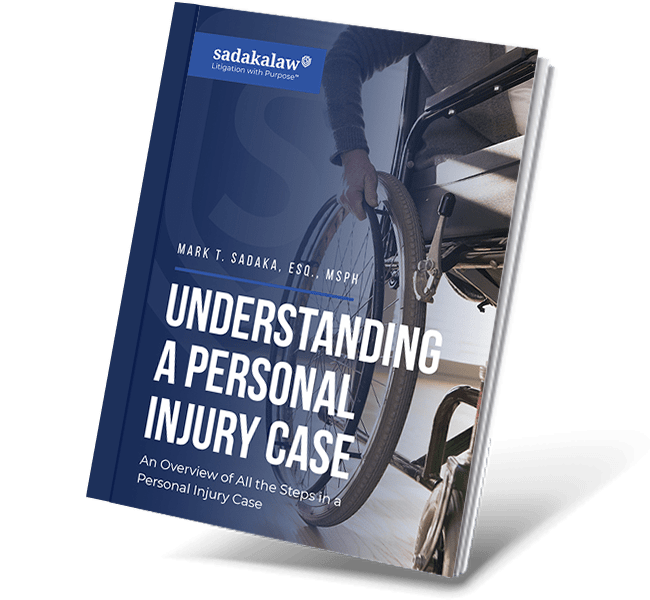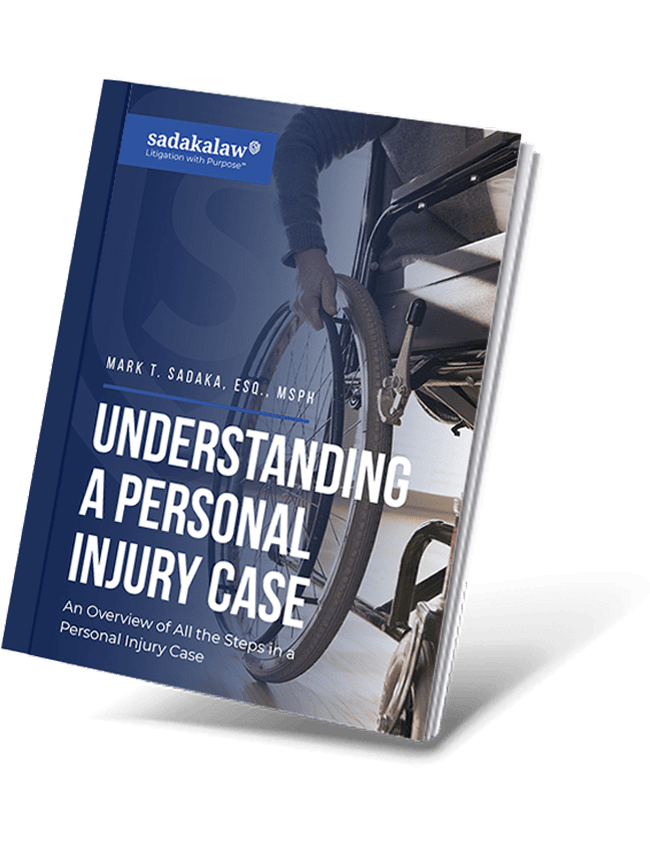Fraud is one of the more serious criminal offenses with which a person can be charged. In many cases fraud is financially driven because it can provide a profit for the assumed perpetrator.
What Is Fraud?
Essentially, fraud can be considered a misrepresentation and intentional deception by one person onto another for either personal gain or to damage the alleged victim of the act.
Fraud can be committed by any person of any age group, gender or nationality. Fraud is categorized as an offense that can be charged at the state or federal level dependingon the circumstances of the case.
Some of the most common fraudulent offences happen through banks, credit cards, mail, healthcare, insurance, bankruptcy, tax and wire.

5 Ways To Avoid Fraud
- Research the company before giving any credit card or personal information: It is important to know who you are dealing with when shopping online for anything. To avoid becoming a victim of fraud, do an online search for the company’s website, and look for reviews on the company’s history.
- Don’t wire money: Never ever wire money to strangers or to sellers who insist on wire transfers. Scam artists almost always insist that people wire money especially overseas because it’s almost impossible to reverse the transaction or trace the money.
- Read monthly statements: It is important to read your monthly statements because scammers can steal your account information and then run up charges to your account. Also, corrupt merchants can bill you for monthly “membership fees” or other services without your knowledge. It is important to contact your bank immediately if you see unfamiliar charges.
- Talk to your doctor before purchasing any healthcare products: Ask about research that supports a product claim and possible risks or side effects. Only purchase prescription drugs from U.S licensed pharmacies. Fraudulent products could be expired, mislabeled, or fake and could lead to extreme health issues.
- Donate money to established charities only: Unfortunately, in the aftermath of a disaster instead of being thoughtful, some people jump at the opportunity to set up charities in which they keep the money for themselves.
If you think you’ve been scammed you can report the fraudulent offense to the Federal Trade Commission.


